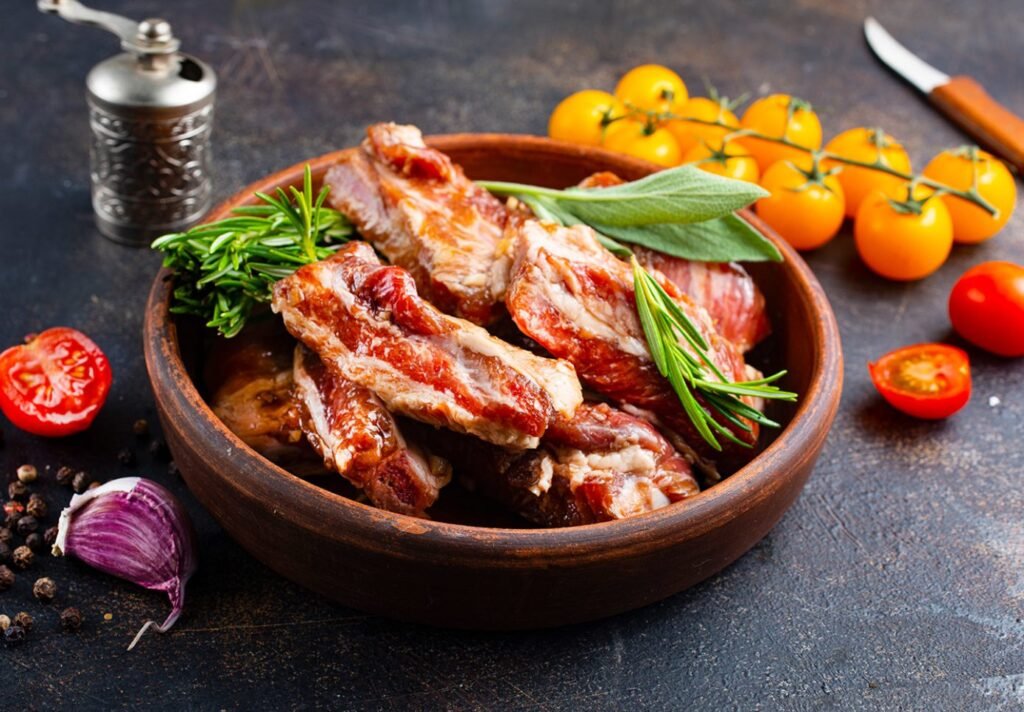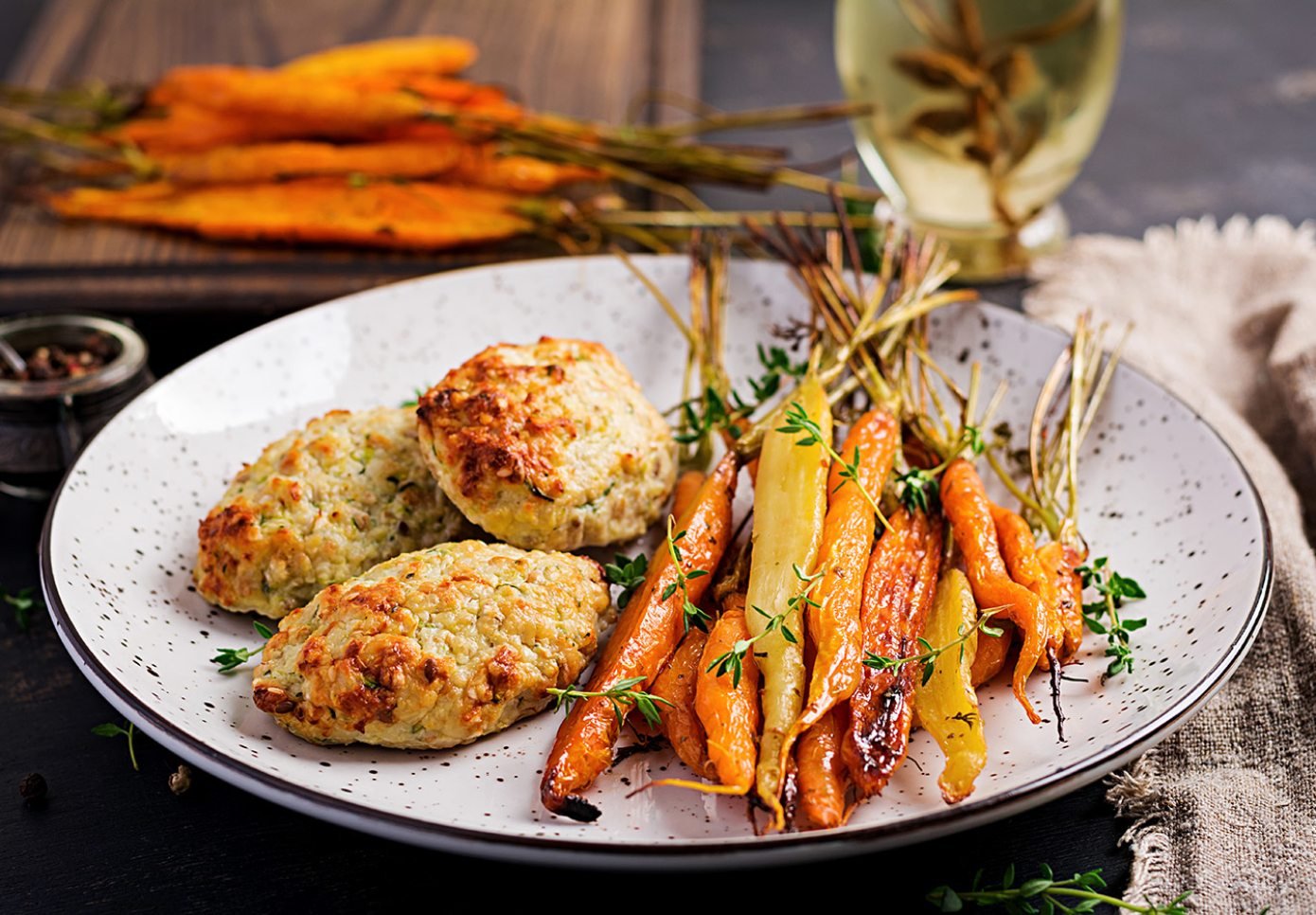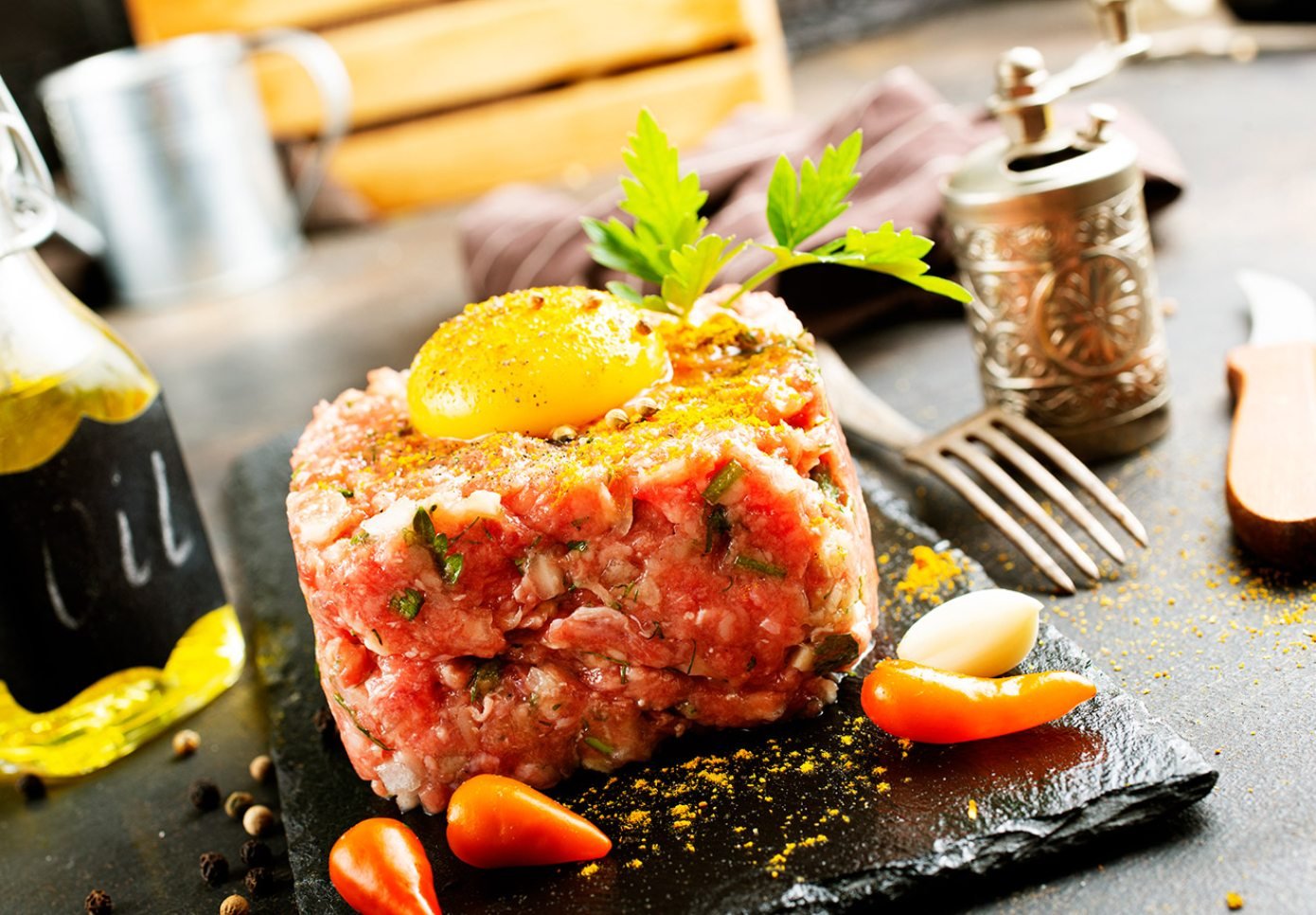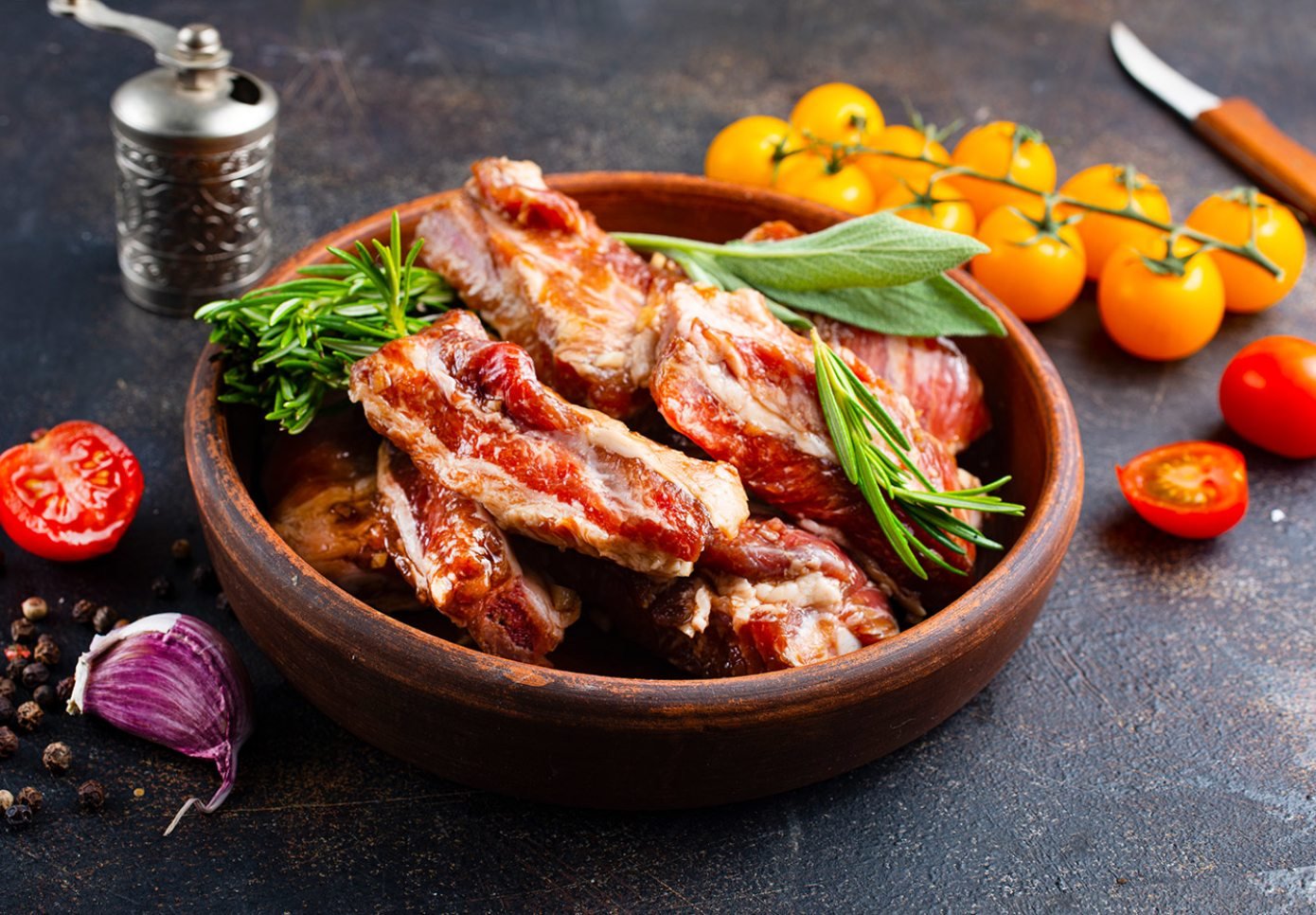I hurried over the crunchy, frosty grass to my garden. Dead. All 24 of my cabbages were burned by a late spring frost. I should have known better. I should have hardened off the young seedlings longer before transplanting them outdoors and I should have covered them given last night’s forecast, but now it was too late.

Beginning gardeners are often discouraged by the inevitable blunders that they make that first year. I know I’ve made my share of mistakes and I suppose every gardener out there has too. I didn’t even consider myself a beginner anymore when the frost got my cabbages. Mistakes, processed properly, are a wonderful learning tool. However, no one likes to make too many of them. In this post I outline six tips for the beginning gardener to give him a taste of success and keep him from burning out by getting in over his head. If you’re here and you’re a more experienced gardener, why don’t you pass on helpful tips from your experience in the comments section.
And now for the free advice:
- Get a soil test.
- Keep your overhead low.
- Start small.
- Plant a few vegetables.
- Establish your garden near you.
- Learn from your failures.
Get A Soil Test
Not all soils are created equal. Not all soils have been equally abused. You may be fortunate enough to have nearly perfect soil but if so, you are in the minority. Most soils are too acidic or too alkaline and lack at least some nutrients. Trying to start a garden in less than ideal soil will result at best in stunted and weak plants and at worst, no plants.

Let me give you an actual case study. After a bought my property about a year and a half ago, I knew that I wanted a garden but I also knew that I would have to start from scratch. I dug up a postage-stamp size patch of lawn and put in six tomato plants. These plants did yield some tomatoes put they were small and only slightly more flavorful than the grocery store variety (by interpretation, pretty bad). That fall I dug up a couple handfuls of dirt and sent them off to a lab in Massachusetts. The results came back – TERRIBLE!
My soil pH was 4.0. (It should be about 6.5) I was rather surprised that any tomatoes had grown. Boron was non-existent, potassium over the top. Aluminum was near toxic levels. Clearly I had my work cut out for me. I promptly bought 200 pounds of good quality lime and nearly put my garden into shock. The following spring I planted over 2,000 square feet in vegetables. I didn’t expect much as I knew that the soil still had a long way to go. The results: Not bad. This fall I took another soil test. The results: Mediocre. So I’m on the warpath – more lime, chicken manure, rock dust, blood meal, liquid kelp, and so on.
Maybe all those elements and numbers intimidate you. Why should you even bother with a soil test? Your neighbor grows vegetables and he never tested his soil. Likely your soil is not so terrible as mine was. Let me give you several compelling reasons to test and amend your soil.
- Better soil health equals better plant health. I now have neighbors stopping to ask me how I grow such big tomatoes. Frankly, my garden looks better than most others in the county. Why? Because I care about my soil.
- You are what you eat. Plants also are what they eat. To skip all the microbiology and risk over-simplifying things, soil that lacks nutrients grows plants that lack nutrients which in turn means you are lacking in nutrients. Healthy soil means healthier you.
- Vegetables that are grown in healthy, nutrient-rich soil have better shelf-life and flavor.
- Plants that get well-balanced nutrition from the soil are more disease, pest, and frost resistant.
 Here’s a picture of my tomatoes (the second year).
Here’s a picture of my tomatoes (the second year).
You may be able to grow veggies without testing and amending your soil, but you probably won’t grow truly great, nutritious, healthful vegetables. It doesn’t take a degree in agriculture, just a little research and perseverance.
You may be wondering how to go about getting a soil test. Do it right. Don’t go to your local garden center and buy one of those cheap made-overseas pH probes. It’s better to send off a couple handfuls of soil to a lab somewhere. The cost ranges from $10 to $25 for a basic soil test. In many states your local agricultural extension office will be able test your soil or direct you where to go. If you live in the American Northeast, I recommend Logan Labs. They offer quick, reliable service and also send recommended amendment values with their report.
I hope I’ve convinced you of the importance of getting your soil tested. However, this is a huge topic that I can’t do justice to here. I’d like to suggest several resources for further reading or listening. These are not all super easy. Some require a basic understanding of high school chemistry and math, but they are definitely foundational resources that will help you to create healthy soil. Start with the podcasts and work your way down the list.
- An Introduction to Nutrient Dense Farming with Mary Johnson (podcast)
- Nutrient Dense Foods with Dan Kittredge (podcast)
- The Intelligent Gardener by Steve Solomon
- Teaming with Microbes by Jeff Lowenfels and Wayne Lewis
Keep Your Overhead Low
OK. So you’re still here after all that nerdy soil science stuff. I promise to tone it down a bit. Home gardening can be a very costly venture or it can be very affordable. As with any fledgling business, I recommend you keep your input costs low if you are just beginning a garden. Sure, splurge on a $25 soil test but resist the urge to start out with a full array of automatic seeders, irrigation timers, plant cloches, and expensive gardening tools. It’s better to sink a little bit of cash into soil amendment and build the rest of your garden arsenal slowly.
After gardening for a number of years, my tool set consists of two hoes, a pitch fork, shovel, rake, and wheel barrow. I also have a compost thermometer but I consider that non-essential for the beginner. Did you notice that a tiller is conspicuously absent from that list? I firmly believe it’s an unnecessary expense and also too destructive for healthy soil. The exception that I make for this is possibly the tilling of virgin sod. For that, a tiller can easily be borrowed or rented.







